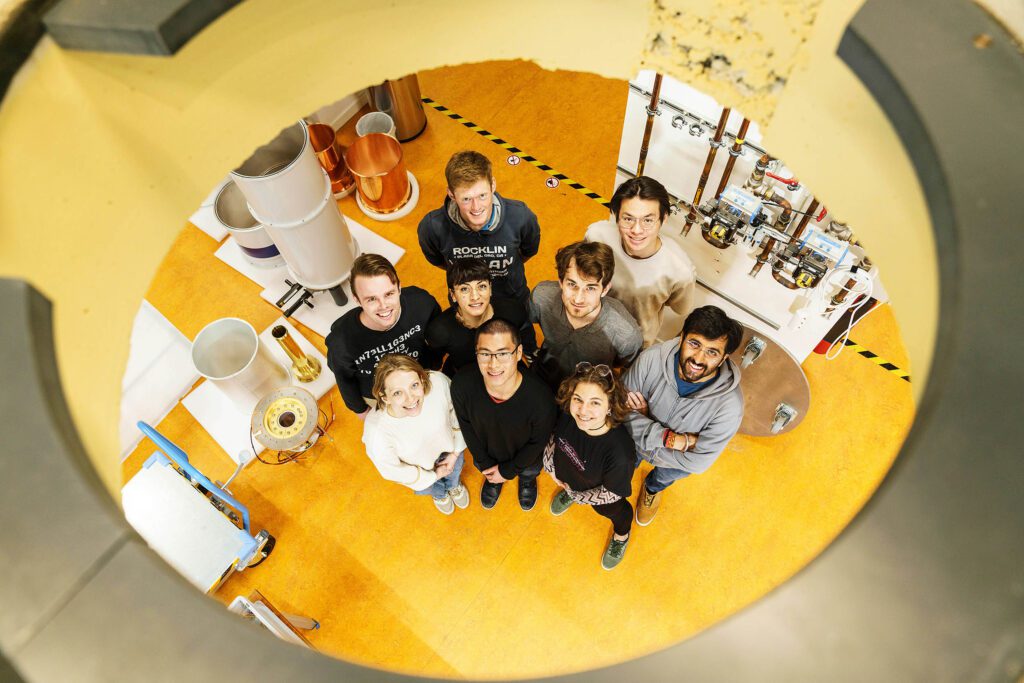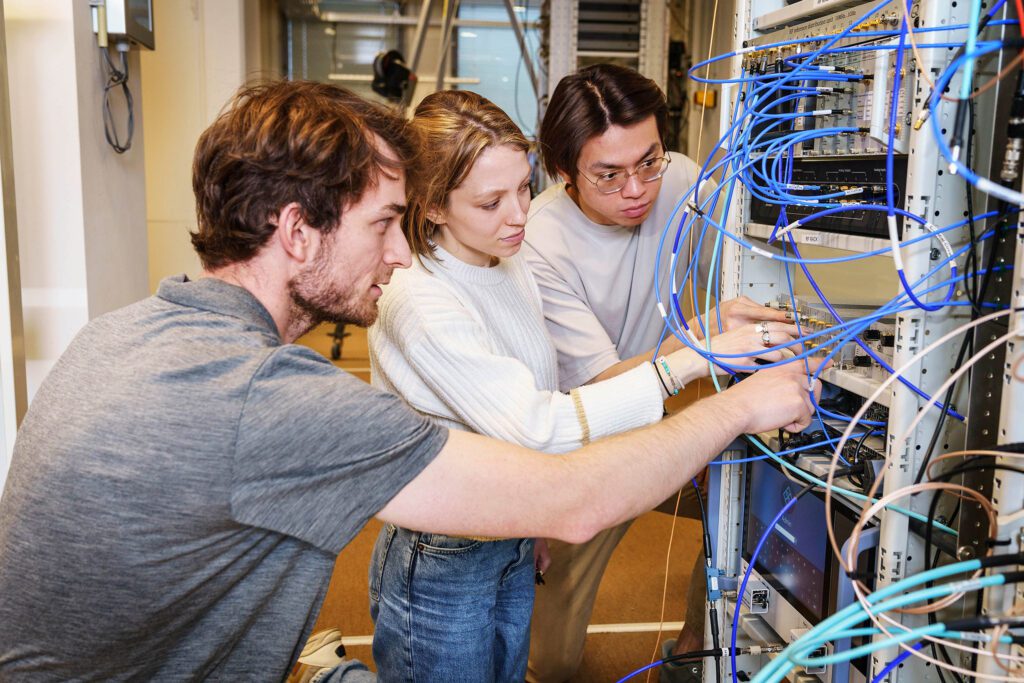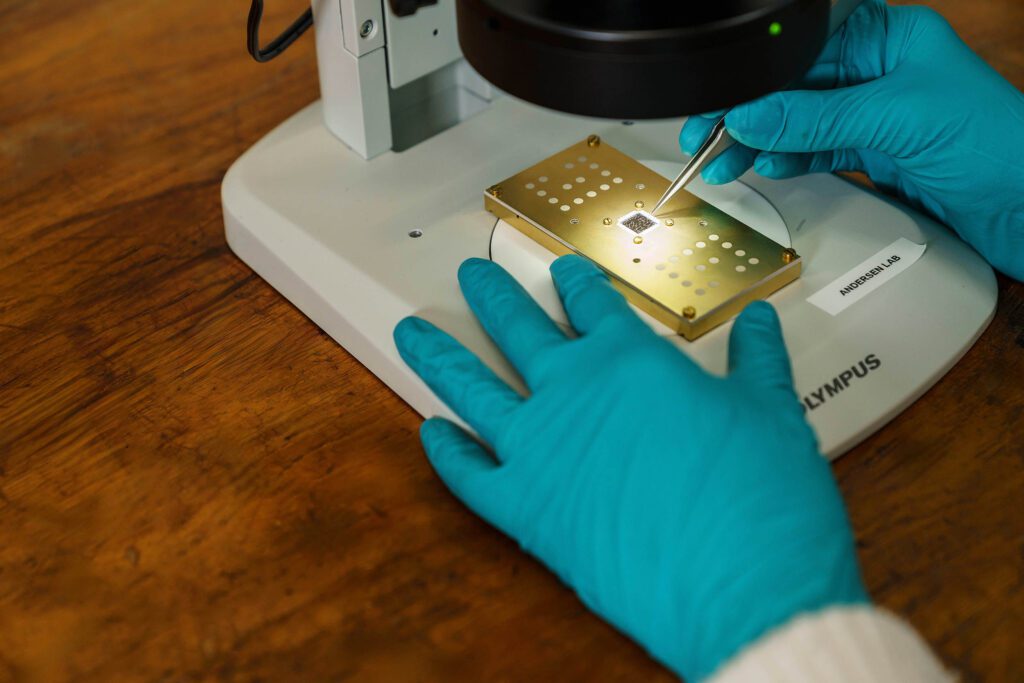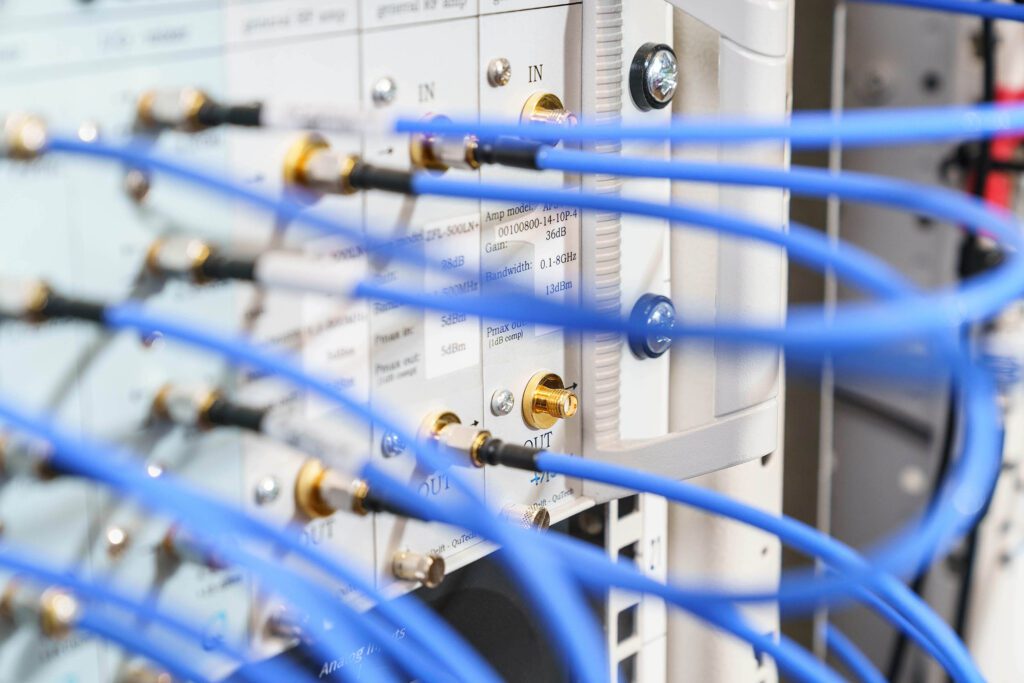

In the Andersen lab, we will be addressing the challenge of achieving the highest performance qubits through novel qubit designs. Our lab champions an inclusive culture, embracing individuals across gender and cultural spectrums to contribute their unique viewpoints. Only by coming together from all backgrounds, each with our own unique skills, can we reach the greatest achievements in science. Let us build better qubits together!
Research
New and Protected Superconducting Qubits
Across the globe, there’s a major push to harness the intricate properties of quantum mechanics for the next frontier of technological applications. One of the most promising avenues is the development of quantum computers, machines that utilize the principles of quantum mechanics to solve problems deemed impossible for classical computers. However, despite significant advances, today’s quantum computers remain fragile, often prone to errors that limit their practicality for real-world tasks.
Two strategies have arisen to navigate this challenge:
- Quantity Focus: By scaling up current technologies, it is envisioned that thousands of qubits could work together, compensating for individual errors to achieve a single error-free qubit.
- Quality Focus: Enhancing the resilience of each individual qubit, thereby requiring fewer qubits for a reliable quantum computer.
Our research leans towards the second approach. We aim to develop qubits that are inherently protected from errors by their design — a significant research challenge.
In the Andersen lab, we pursue two routes towards these goals:
- Protected superconducting qubits
- Hybrid semiconductor-superconducting qubits

 Join us in building the best qubits!
Join us in building the best qubits!

